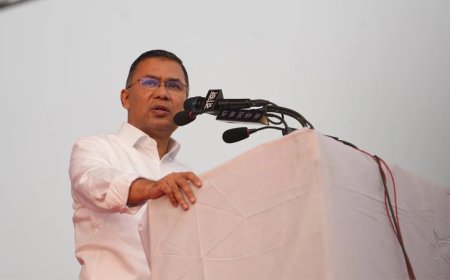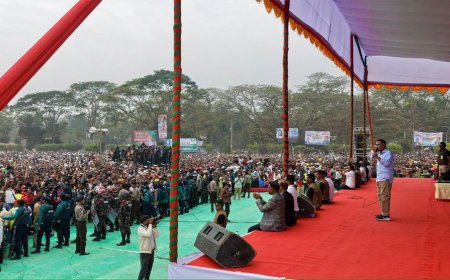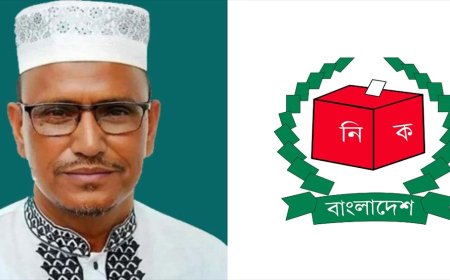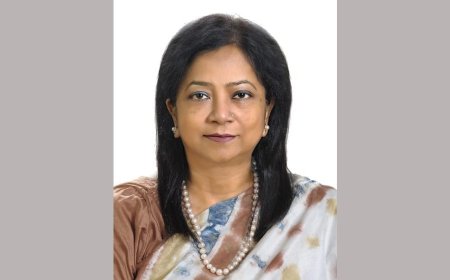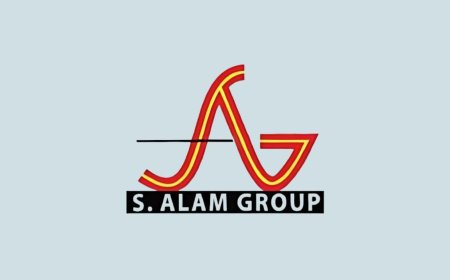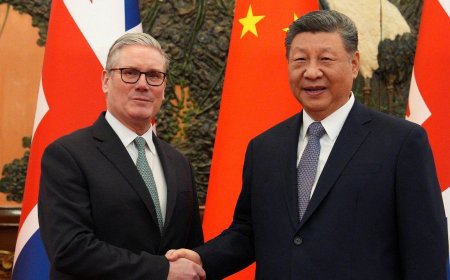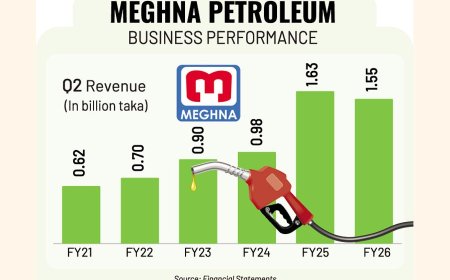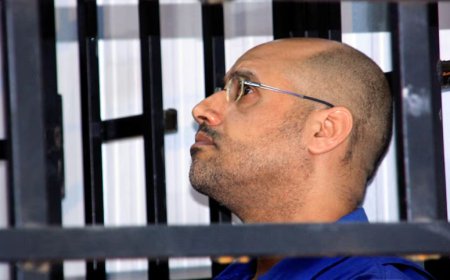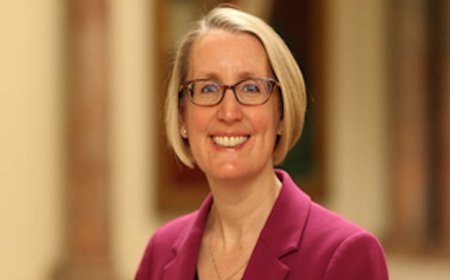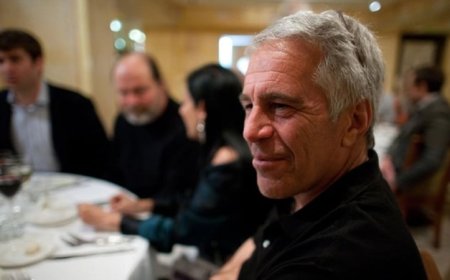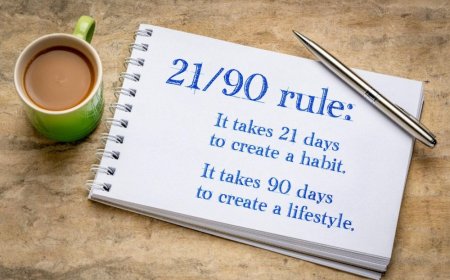Universal Health Coverage Day: 64% of Medical Expenses Spent on Medications
Setting government-regulated prices for drugs can help lower costs while still ensuring profits for pharmaceutical companies.
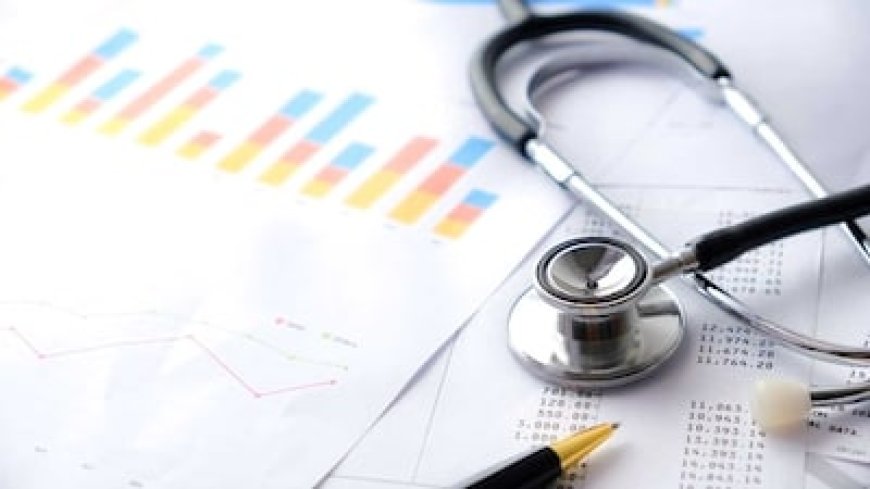
In Bangladesh, people allocate as much as 64% of their medical expenses to purchasing medications. Drugs are a significant contributor to the country’s overwhelming healthcare costs. Experts argue that achieving universal health coverage (UHC) is unfeasible unless medications are made more accessible to all.
Medical expenses in the country primarily cover hospitals, physician consultations, diagnostic tests, medications, and some medical equipment like gloves and crutches. According to the latest National Health Accounts from the Ministry of Health, 10.1% of expenses go toward hospitals and clinics, 13.4% on physician consultations, 11.7% on diagnostic tests, 64.6% on medications, and just 0.1% on medical equipment. This means that drug expenses alone are nearly twice as high as all other medical costs combined.
Experts emphasize that ongoing medical treatment, especially for chronic illnesses like cancer and kidney diseases, further burdens families, many of whom cannot afford these long-term expenses. Professor Syed Abdul Hamid from the University of Dhaka's Institute of Health Economics pointed out that every year, many families struggle to cover these costs, with drug expenses often driving families into poverty.
In this context, Universal Health Coverage Day was observed on Thursday. The Ministry of Health's Health Economics Unit and the Institute of Health Economics at the University of Dhaka organized discussions on the occasion. The core principle of UHC is to ensure that everyone has access to quality healthcare without financial barriers. Professor Md Sayedur Rahman, a pharmacologist and special assistant to the chief adviser of the interim government, highlighted that UHC would only be achievable if drug accessibility is guaranteed, stressing the need for the state to ensure that all citizens can receive necessary medications.
Essential Drugs Company Limited (EDCL), Bangladesh's sole state-owned pharmaceutical company, produces medications listed as essential drugs, with 219 currently on the list. These drugs are distributed only in government hospitals and are not for sale. Expanding this list could provide more free drugs to the population.
Bangladesh is nearly self-sufficient in drug production, producing 95% of the country’s required medications. However, the government does not regulate the prices of drugs produced by private companies. Different companies sell the same drugs at varying prices, sometimes with substantial discrepancies. If the government set drug prices, it could lower costs while still ensuring profitability for companies. Additionally, the marketing expenses of pharmaceutical companies, which contribute to higher drug prices, should be considered in any pricing strategy.
Subrata Paul, focal person for Bangladesh's National Health Accounts at the Ministry of Health, suggested that 24-hour pharmacies should be established at every government facility. These pharmacies would sell both government-produced and private company drugs, with potential discounts available to those with prescriptions.
The interim government has already initiated efforts to strengthen EDCL and expand the list of essential drugs. Md Sayedur Rahman affirmed that reducing drug prices would significantly ease the medical financial burden on the population.
What's Your Reaction?







